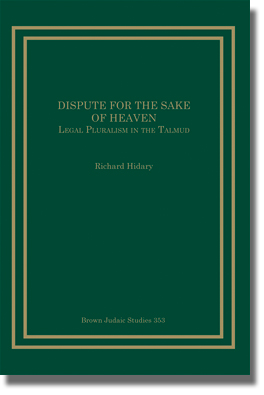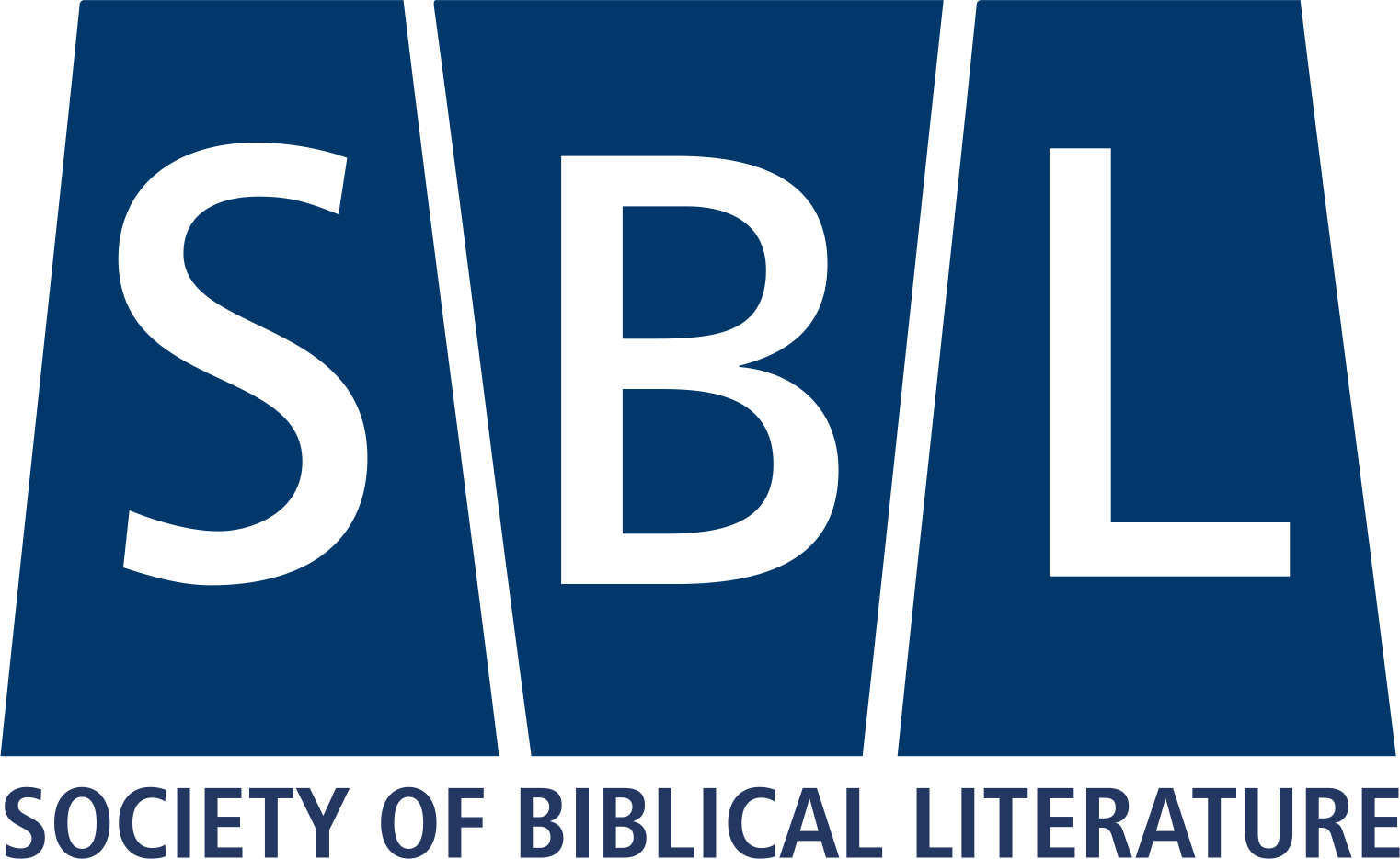
$59.95
This book explores how the rabbis of the Talmud thought about and dealt with pluralism in Jewish law. The rabbis remembered the terrible consequences of Second Temple sectarianism and strove for unity and even uniformity of practice; they also had thousands of legal disputes and were not always willing to compromise. This volume analyzes dozens of talmudic passages dealing with the balance between peace within the community, on the one hand, and the need for each rabbi to follow his vision of truth, on the other. The Talmud Yerushalmi and the Talmud Bavli present two significantly different models for dealing with such legal pluralism based on their respective cultural and political contexts within the Roman and Sasanian Empires.
Richard Hidary is an assistant professor of Judaic studies at Yeshiva University, Stern College for Women. His research interests focus on comparison of Talmud Yerushalmi and Bavli, Talmud and legal theory, and rhetorical analysis of the Talmud. He has had articles in AJS Review and Dine Israel and has written entries for Encyclopedia Judaica and Encyclopedia of the Bible and Its Reception. He is also a rabbinics reviewer for The Lost Bible Project: The Library of Israel in Late Antiquity and a contributor to the New Oxford Annotated Translation of the Mishnah.
